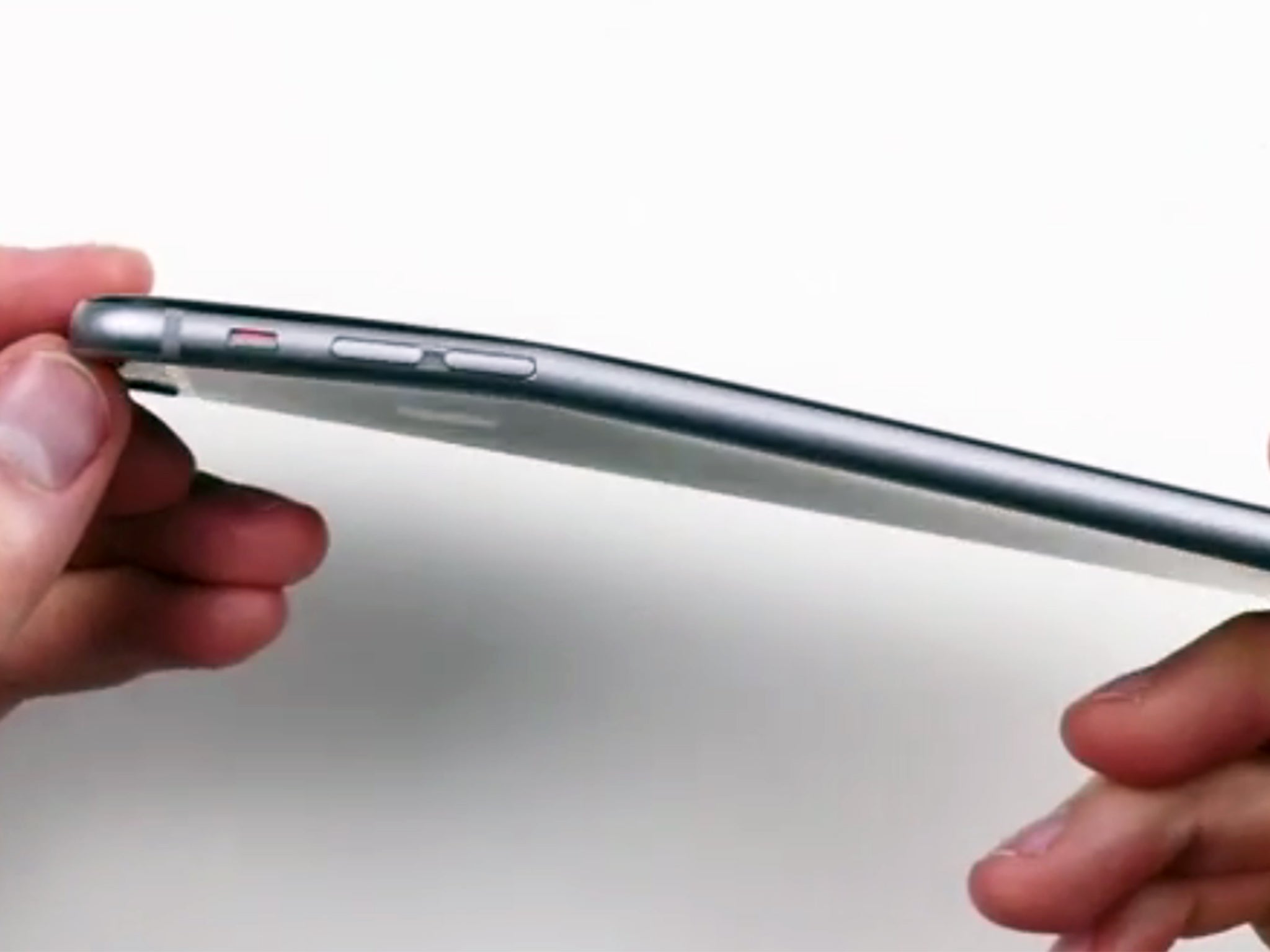#BendGate: How did a tech giant like Apple get it so wrong with the iPhone 6?
When a company's PR is based entirely on delivering excellent products, there's not much they can do when their latest product starts bending for no reason

As the "bendgate" saga continues, I have an unfashionable opinion: Apple, the world's biggest and most successful technology company, is terrible at PR.
I'm an Apple fan, I have several of their products (I'm typing this in the notes app of my iPhone on the way to the office) and I wish I was a shareholder. None of this makes me hesitate in saying that they are pretty poor at PR though. Let me explain.
As the Managing Director of a PR agency, I use a simple equation to assess the effectiveness of my work: “perception minus reality equals PR value.” To measure the benefit of PR, in other words, you need to analyse the gulf between stark realities and how customers feel about you. For PR to add any value, it needs to show a positive distinction between perception and reality. Goodwill might be another way of describing it.
This combination has yielded huge levels of interest over the years. But the truth is that PR adds almost zero value and actually causes quite a lot of operational risk. The gulf between perception and reality, in Apple’s case, is non-existent.
Apple’s PR operation is undoubtedly good at keeping secrets, issuing invitations and event management. But try applying the '"Dyno-Rod" test. If the PR tactics that Apple deploys were used at Dyno-Rod, would the latter enjoy the hagiographic press that Apple does? Of course not. For Apple, column inches, social chatter and sales in the billions have nothing to do with PR and everything to do with exceptional products.
The challenge comes when there is even the smallest hint of a blemish on that pristine, polished facade. Then perception falls below the reality line. Of course, the immediate bendability question will be worked through in one way or another. But the underlying problem for Apple is more fundamental.
Long after “bendgate” works its way out of the news cycle, consumers will be left with a residual underlying impression that will need some serious PR attention: how does Apple deal with the perception that bendable equals cheap? In an age when businesses are increasingly translucent and at the mercy of viral opinion, shouldn’t Apple be a bit more conversational rather than behaving like an aloof, stylish maverick genius sitting in the corner?
Join our commenting forum
Join thought-provoking conversations, follow other Independent readers and see their replies
Comments
Bookmark popover
Removed from bookmarks